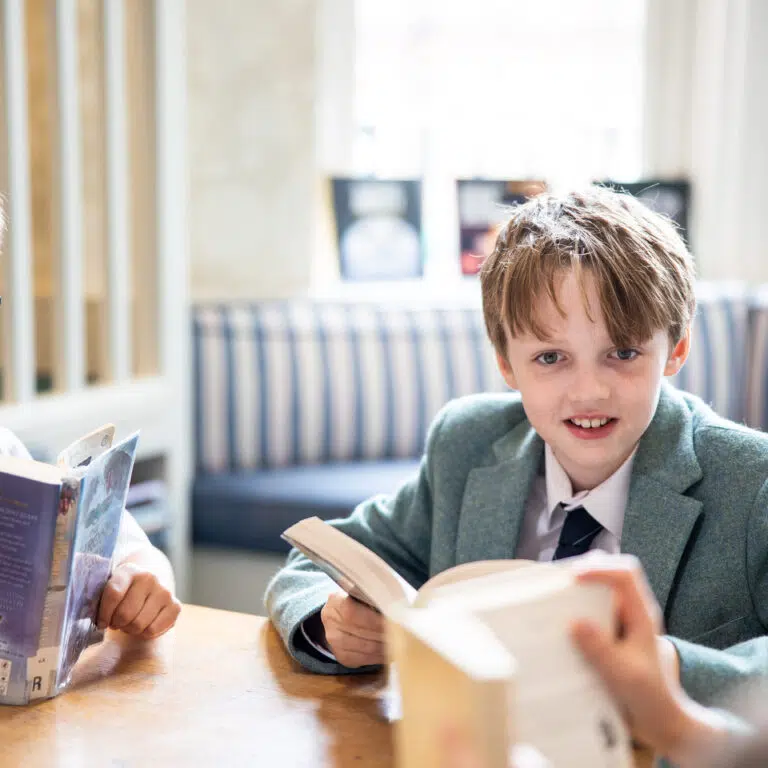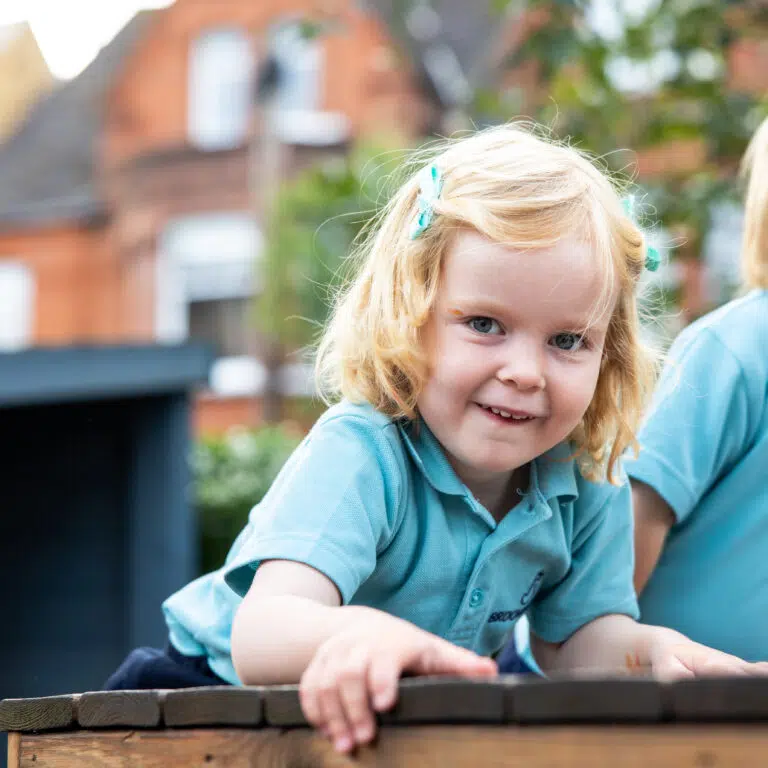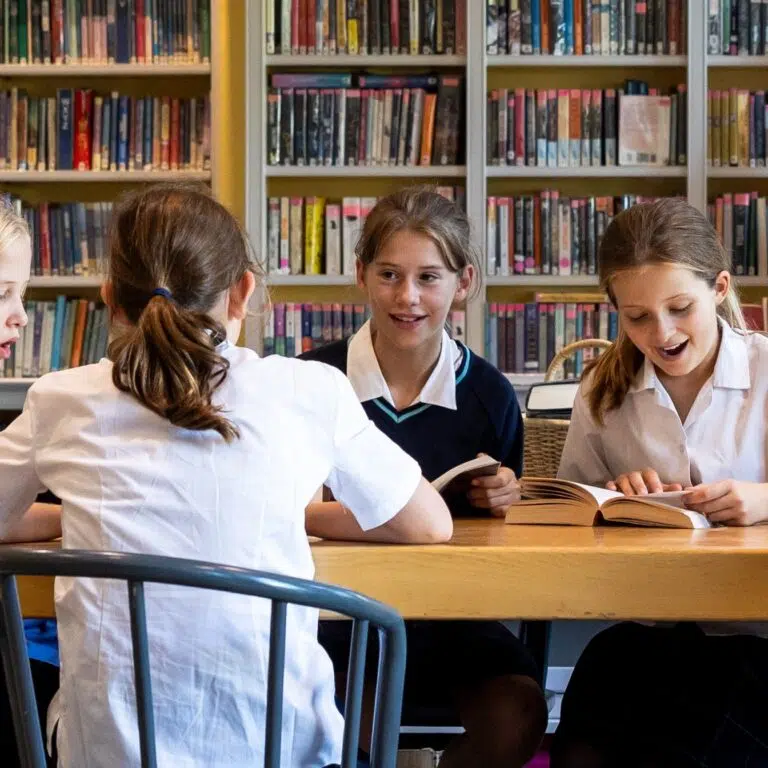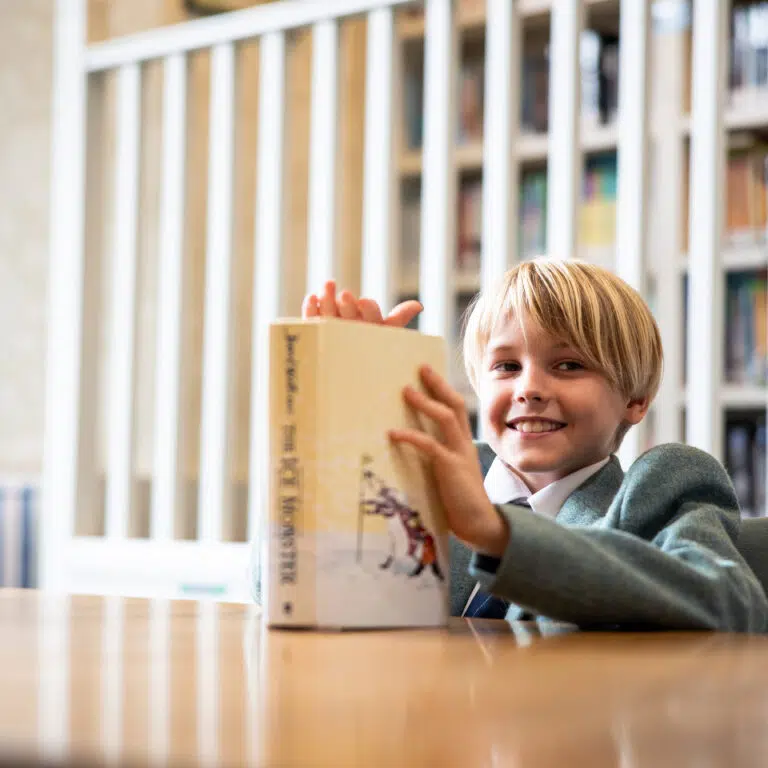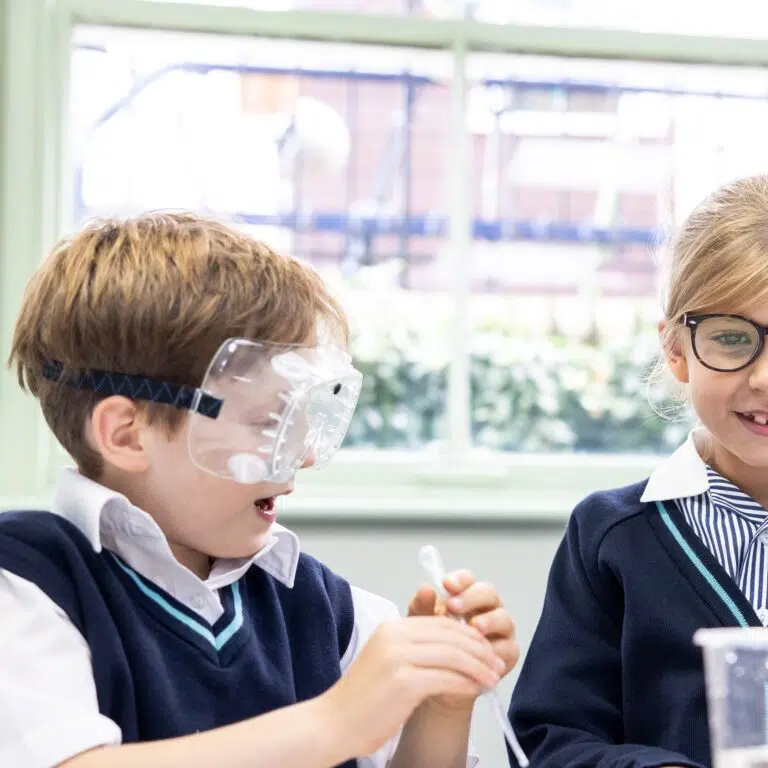Leadership
‘Leaders are ambitious for pupils’ learning and achievement. The majority of leavers gain entry to their first-choice senior school, with some pupils achieving scholarships in academic subjects, sport and the creative arts.’
‘Leaders have the skills and knowledge they need to fulfil their responsibilities and actively promote the wellbeing of pupils.’
Quality of Education
‘In the early years, children develop confidence and independence in their learning as a result of an appropriate curriculum and effective teaching.’
‘In the youngest year groups, children learn to understand and regulate their emotions, become confident communicators and develop numerical fluency. They are well prepared for the next stage in their education.’
‘Specialist teaching and suitable resourcing in areas such as science, creative arts and computing foster interest and self-motivation in pupils. A broad programme of educational visits and guest speakers extends and deepens learning across the curriculum.’
‘Pupils throughout the school make good progress and achieve at levels that are often in advance of national age-related expectations.’
‘Subject leaders are highly knowledgeable, adopting a stimulating and challenging approach to generating enthusiasm for learning in their subjects, and enable in-depth study.’
Physical, Mental Health and Emotional Wellbeing
‘Pupils and staff share warm, respectful relationships and, as a result, pupils behave in a calm and considerate manner.’
‘Pupils spontaneously refer to the school’s values and understand how these values can have a positive impact on their own lives and on those around them.’
Social and Economic Education and Contribution to Society
‘The school develops pupils’ sense of responsibility towards others. From an early age, pupils are given a wide range of opportunities to lead and support their school community.’
‘Pupils are active in identifying and selecting charities to support and in contributing to the lives of others in the wider world.’
